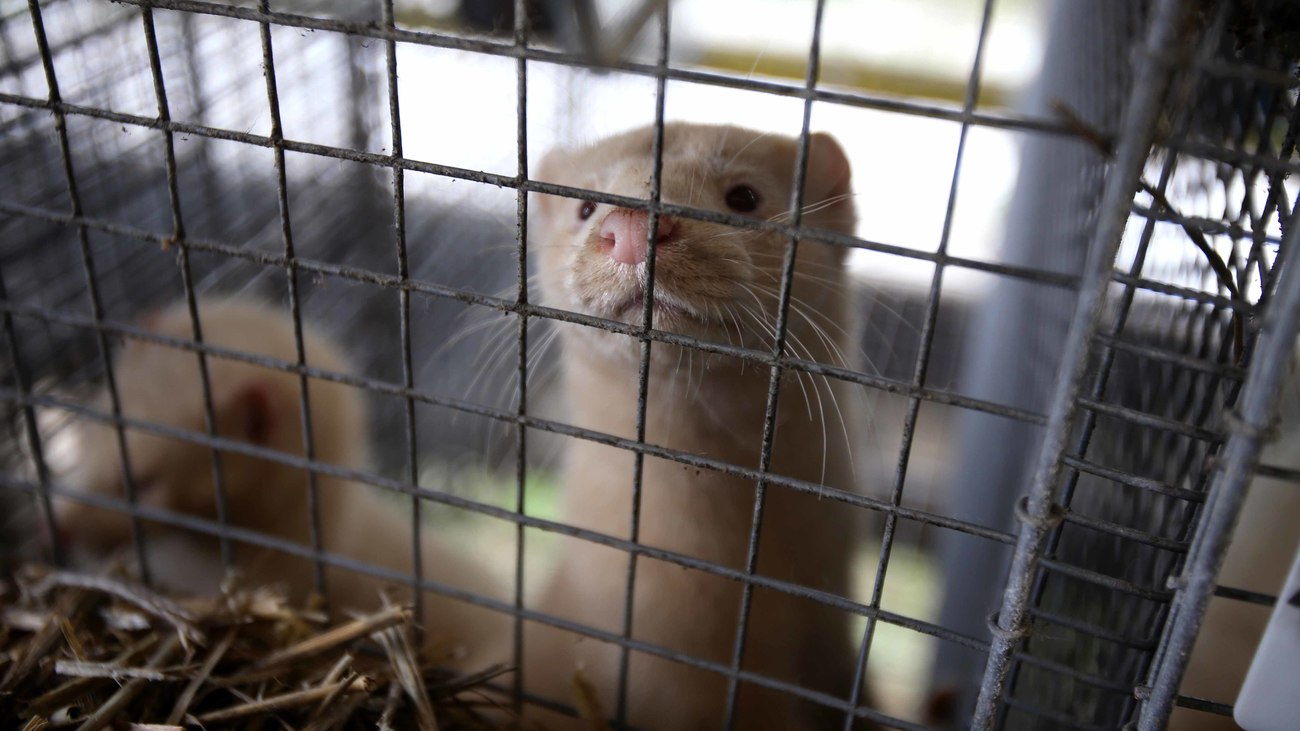ifaw statement in response to WHO report on likely source of COVID-19 pandemic
ifaw statement in response to WHO report on likely source of COVID-19 pandemic

Matthew Collis, IFAW’s Deputy Vice President, Conservation -
“IFAW welcomes the World Health Organization (WHO) investigation into the source of the COVID-19 outbreak. We note the conclusion that introduction from a wild animal through another intermediary animal host is “likely to very likely” the way the virus reached humans. While the precise conditions of the emergence and spread of the virus are yet to be determined, we are not surprised that wild animal farms are referenced as a possible source for the global pandemic. Many of these farms involve large numbers of wild animals, sometimes of different species, being bred and kept in close proximity to each other and often in poor animal welfare conditions, which leads to elevated stress levels and increases the risk of viruses spreading.
“The legal trade in wildlife presents a significant risk of disease emergence and zoonotic spillover. Since the pandemic began, the focus of many governments has been limited to illegal wildlife trade. However, spillover of pathogens from wildlife to other species, domesticated animals and humans is independent of whether the species concerned are obtained and traded legally or illegally, taken from the wild or bred in captivity, used for food or medicine or for fur.
Next steps to prevent future pandemics
“We were pleased to see positive efforts by China in the wake of the pandemic to tackle the problems of wildlife farms by closing down many facilities where wild species are bred for consumption. We encourage China to consider expanding the trade ban to include commercial farming operations breeding wild animals for other purposes. We also urge other nations to follow China’s lead and take meaningful steps to address the legal trade in wild animals.
“The wildlife trade, legal and illegal, is a global phenomenon. It is important to remember that regardless of the origin of this outbreak, it is the commercialisation of - and demand for - wildlife products that is driving these farms and their clear potential to spread zoonotic diseases. We have seen similar examples in Europe and North America with outbreaks of COVID-19 in mink farms.
“To better protect human and animal welfare and meaningfully reduce the risk of a future pandemic, governments must reverse the status quo and instead start from a precautionary standpoint where it is assumed trade in wild animals is not permitted; subject to limited exceptions that safeguard biodiversity, public health and safety, animal health and welfare, and are well-regulated and enforceable. Such measures should be accompanied by scaled-up efforts to conserve and restore natural habitats, protect biodiversity, combat wildlife crime, reduce consumer demand and transition those dependent on the trade in wild animals to alternative and sustainable livelihoods.”
Related content
Every problem has a solution, every solution needs support.
The problems we face are urgent, complicated and resistant to change. Real solutions demand creativity, hard work and involvement from people like you.